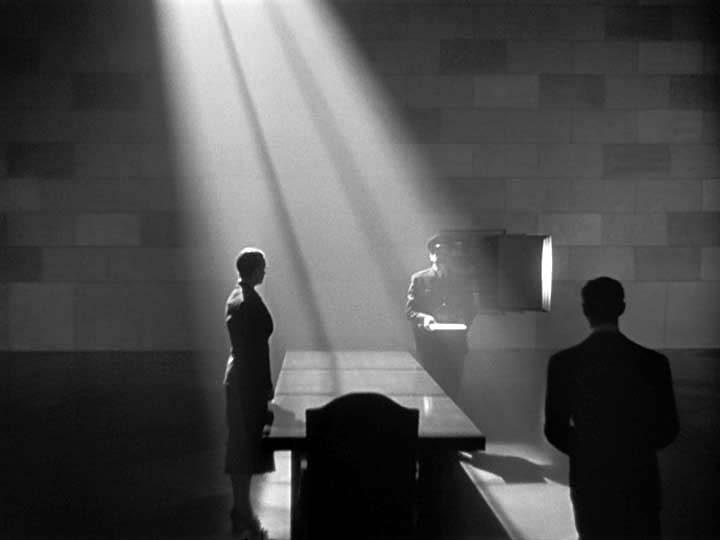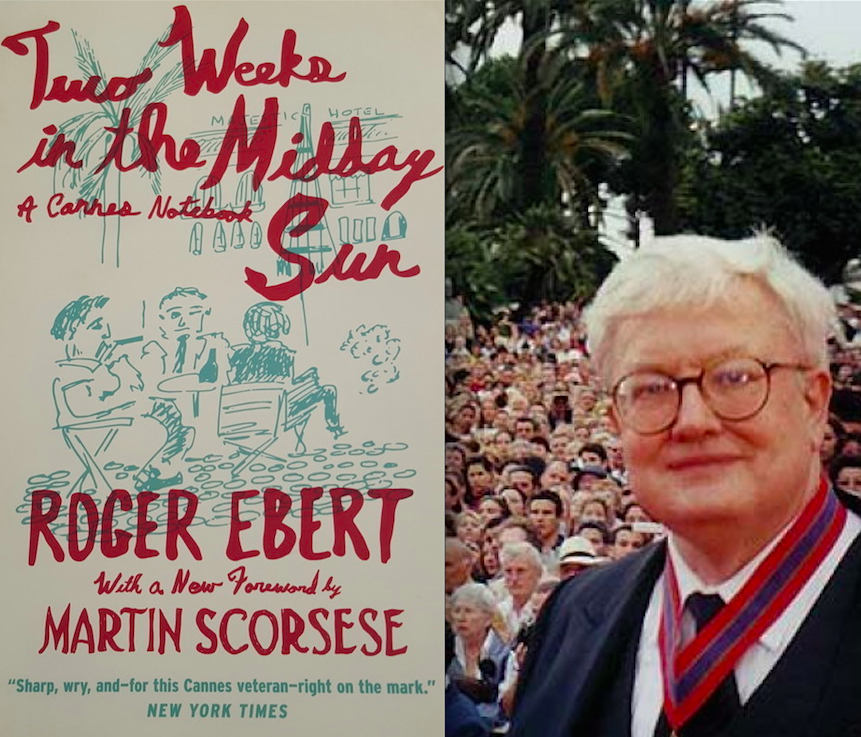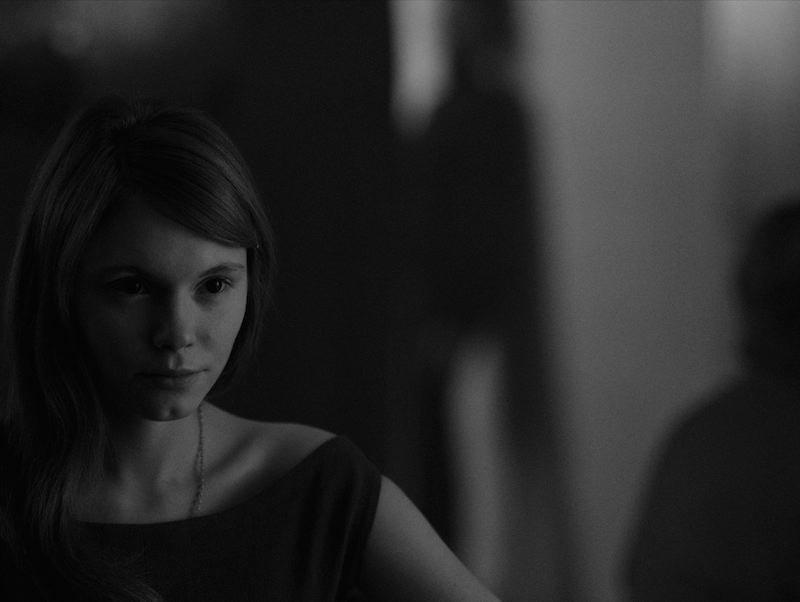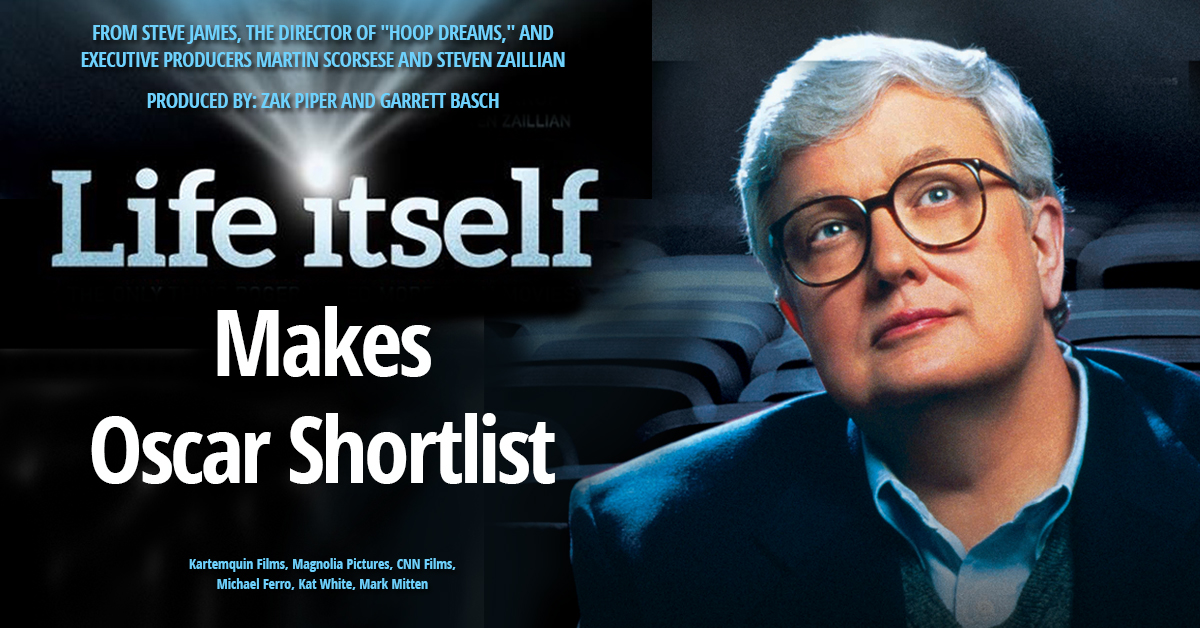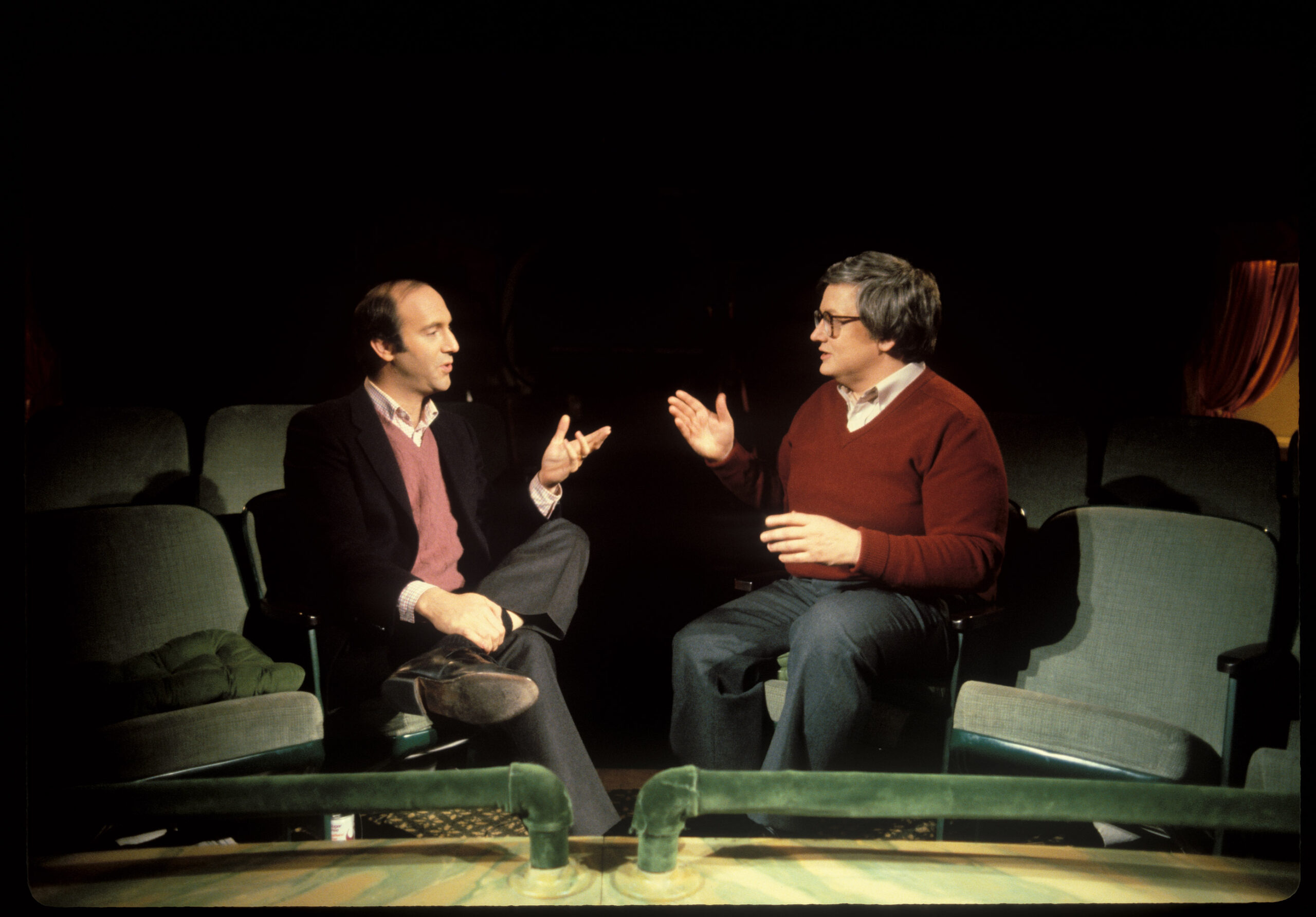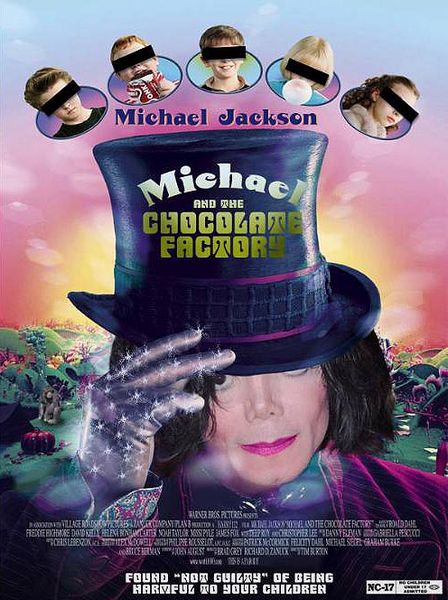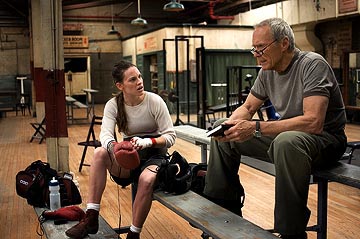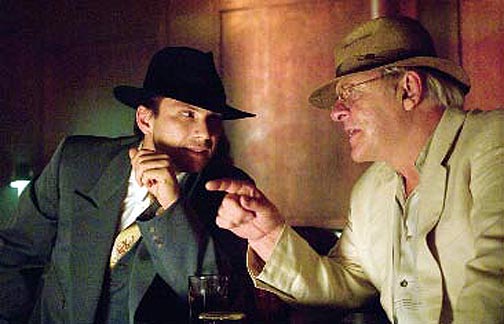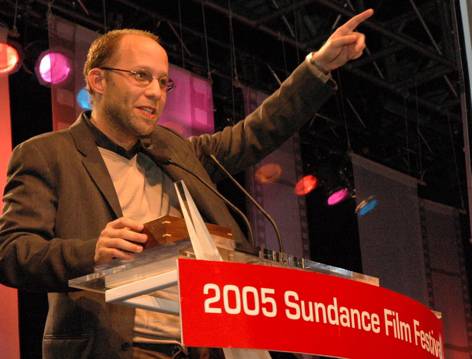Todd McCarthy Movie Reviews
Blog Posts That Mention Todd McCarthy
The curious coolness of Benjamin Button
Jim Emerson
Trix Nix Pix Crix: The death of Variety
Jim Emerson
Cannes #6: A devil’s advocate for “Antichrist”
Roger Ebert
Variety: This thumb’s for you
Roger Ebert
Working with Complete Fantasy: On the Legacy of Gentlemen Prefer Blondes
Laura Boyes
Cannes 2023: Close Your Eyes, plus Quentin Tarantino
Ben Kenigsberg
The Individual Top Tens of 2020
The Editors
Thumbnails Special Edition: Cannes 2019
Matt Fagerholm
My Telluride Film Festival Diary 2008
Chaz Ebert
New York Film Festival 2017 Preview
Godfrey Cheshire
Preview of the 43rd Telluride Film Festival
Meredith Brody
Thumbnails 5/16/16
Matt Fagerholm
Thumbnails 12/11/15
Matt Fagerholm
“Carol,” “Trainwreck,” “Mr. Robot” Among 2016 Golden Globe Nominees
Matt Fagerholm
Home Entertainment Consumer Guide: December 3, 2015
Brian Tallerico
Telluride 2015: “Steve Jobs” and a Tribute to Danny Boyle
Nick Allen
Unsinkable Passion: How to Watch “Life Itself” on Roger’s Birthday
The Editors
Ebertfest 2015: The Full Schedule
The Editors
“Life Itself” Makes Oscar Shortlist, PGA, NBR, BOFCA, NYFCO, WAFCA and EW Top Ten
Matt Fagerholm
Positive Sentiments for “Life Itself”
The Editors
I Miss Roger’s Reviews
Chaz Ebert
Moi, misérable: Fermer le trou à tarte
Jim Emerson
Ebert’s 2006 summer/fall round-up
Roger Ebert
Start the revolution without digital
Roger Ebert
Is Willy Wonka Wacko Jacko?
Jim Emerson
A letter from Chaz
Chaz Ebert
My Dinner with Clint
Chaz Ebert
The Coen ideology
Jim Emerson
‘The Da Vinci Code’: Faith in fiction?
Jim Emerson
Andrew Sarris, auteurism, and his take on his own legacy
Jim Emerson
Film as battleground: Love, hate, indifference…
Jim Emerson
For Sale: On Revolutionary Road
Jim Emerson
Darkness for ‘Donnie Darko’ director?
Jim Emerson
Cameron is recrowned King of the World
Roger Ebert
Cannes #5: Waiting for Godard
Roger Ebert
TIFF #2: “Antichrist” redux
Roger Ebert
That’s not the IMAX I grew up with
Roger Ebert
“Critic” is a four-letter word
Roger Ebert
Cannes #6: Of emotion and its absence
Roger Ebert
On “Million Dollar Baby”: What the critics said
Roger Ebert
CIFF: All our capsule reviews
Roger Ebert
Toronto #7: One T-shirt after another
Roger Ebert
Cannes #5: Luster & its lack
Roger Ebert
Sundance #9: The Winners
Roger Ebert
Cannes #2: Death of a star
Roger Ebert
Audience reacts with confusion, anger to Lars Von Trier film
Roger Ebert
McNamara takes turn in hot seat
Roger Ebert
Wanna make a great festival even better? Start by overhauling overbooking policy
Roger Ebert
Rays of hope at Sundance
Roger Ebert
Cannes winners a strange crew
Roger Ebert
The year nobody deserved to win
Roger Ebert
A Mystery Man Re-Emerges from Shadows
Roger Ebert
Popular Reviews

The best movie reviews, in your inbox
